In a world that thrives on diversity, the International Day of Persons with Disabilities serves as a poignant reminder of the importance of inclusivity and equal opportunities for every individual, regardless of their physical or cognitive abilities.
Celebrated annually on December 3rd, this day provides a platform to raise awareness, foster understanding, and champion the rights of persons with disabilities. As we commemorate this significant occasion, it is an opportune moment to know about Raksha Society; an organization that gives us the message to embrace diversity since 1985.
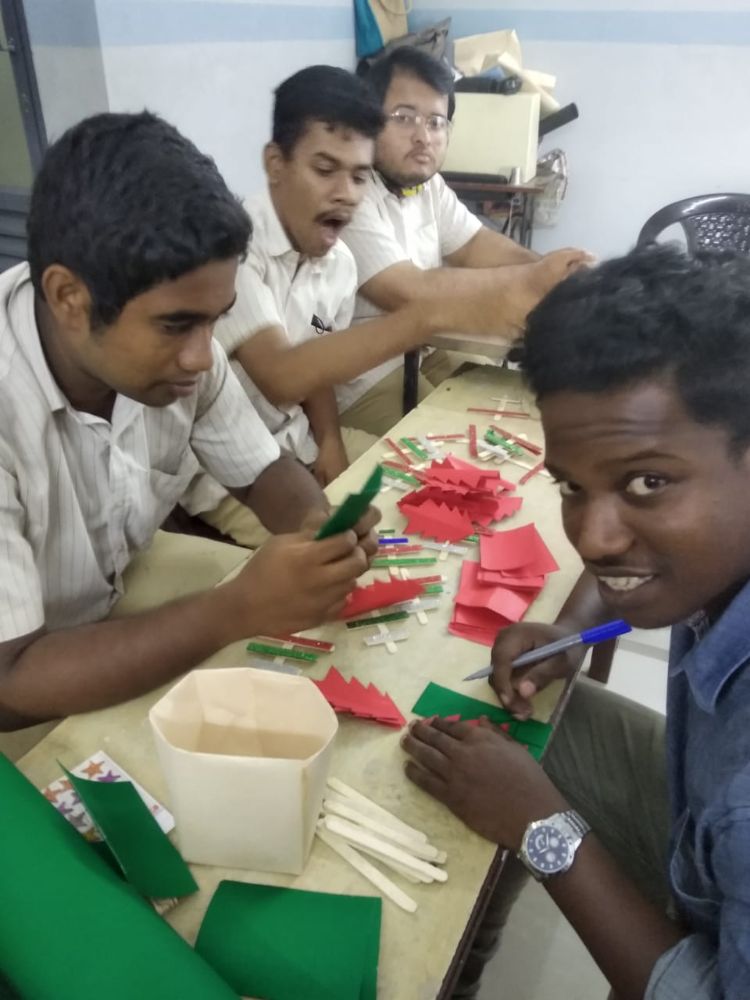
In the compassionate pursuit of uplifting the lives of children and young adults with neurodevelopment disorders, Raksha Society was established a trio of visionaries: Dr. Manjoo Menon, Dr. Reena Sen, and Valsalkumari IAS. Registered under the Societies Act, Rights for Persons with Disability Act, and the National Trust Act, this organization has become a symbol of unwavering commitment to enhancing the quality of life for those facing intellectual disabilities, cerebral palsy, autism, and multiple disabilities.
Raksha Society operates under the aegis of the Education Department and Social Justice Department of the Government of Kerala, a testament to its credibility and dedication in the field. Since its inception, the organization has been a vital pillar of support, aiming to empower children and young adults through various projects designed to address their unique needs at different stages of development.
The cornerstone of Raksha Society’s endeavors lies in their three pivotal projects:
Early Intervention (0 to 4 years)
The early years of a child’s life are crucial for development, and Raksha Society recognizes this truth. The Early Intervention project is dedicated to providing comprehensive support to children aged 0 to 4 who exhibit neurodevelopment disorders. Through specialized programs and interventions, the organization aims to identify and address challenges at the earliest stage, laying the foundation for a more inclusive and fulfilling life for these young souls.
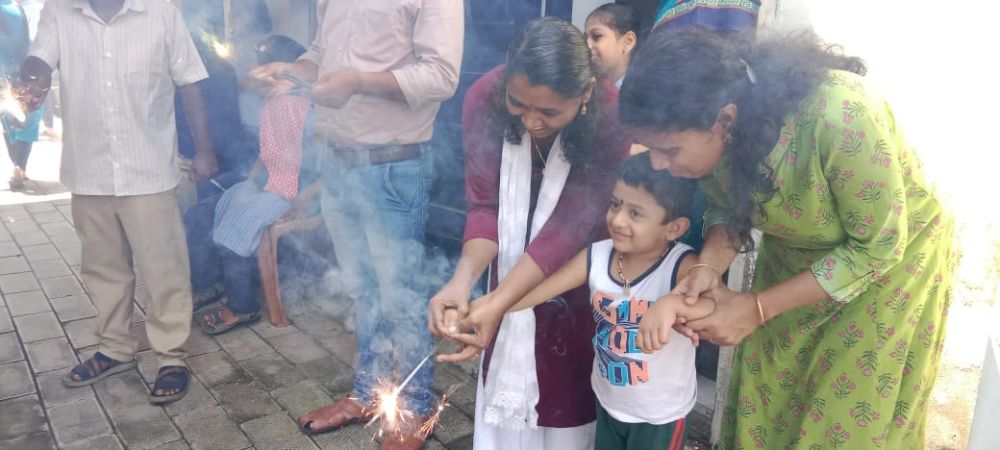
Special School (4 years to 23 years)
As children transition into the formative years of education, Raksha Society’s Special School project comes into play. Tailored for those aged 4 to 23, this initiative offers a nurturing environment where individuals with neurodevelopment disorders can access specialized education, fostering both academic and social development. The curriculum is thoughtfully designed to cater to the unique needs of each student, promoting a sense of belonging and encouraging personal growth.
Vocational Training and Rehabilitation Centre (above 23 years)
Acknowledging the importance of lifelong learning and skill development, Raksha Society extends its support beyond traditional education through the Vocational Training and Rehabilitation Centre. Targeted at individuals above 23 years, this project equips them with practical skills and vocational training, enhancing their ability to lead independent and fulfilling lives. By focusing on rehabilitation, the organization aims to break down barriers and create pathways to meaningful employment and community integration.
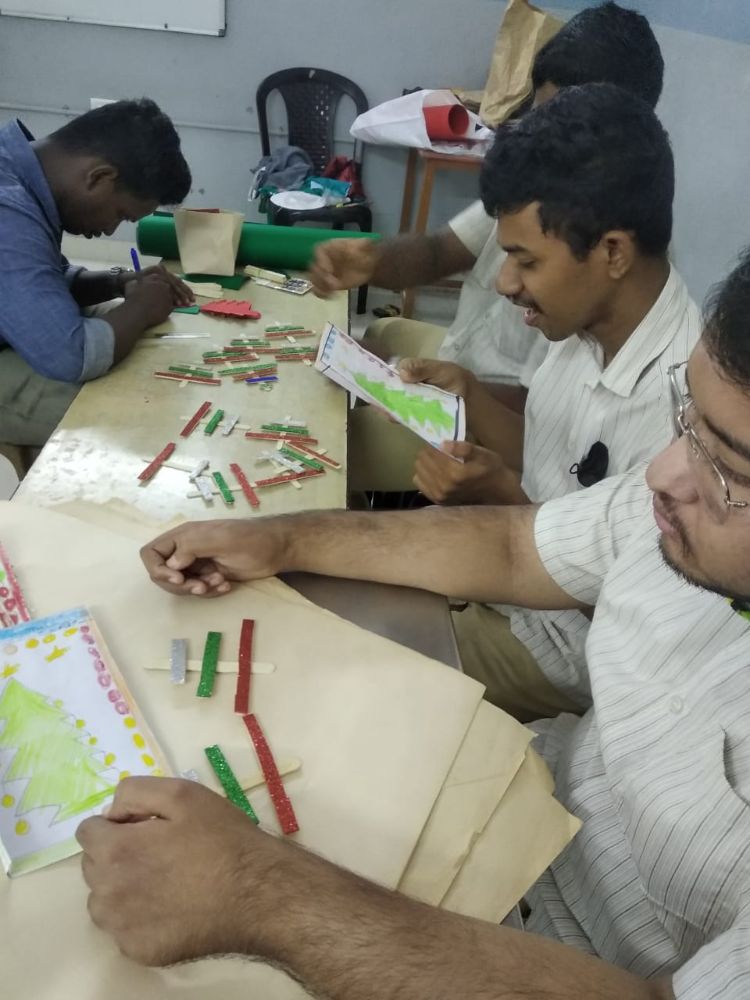
Raksha Society’s holistic approach to care spans the entire lifecycle of individuals with neurodevelopment disorders. Their dedication to advocating for the rights and well-being of this community is reflected not only in their projects but also in their recognition by the government authorities, including the Education Department and Social Justice Department of the Government of Kerala.
In a world that often overlooks the unique needs of those with neurodevelopment disorders, Raksha Society stands as a beacon of hope, championing inclusivity, education, and rehabilitation. Through their unwavering commitment, they continue to make a profound impact, empowering individuals to overcome challenges and live life to the fullest.
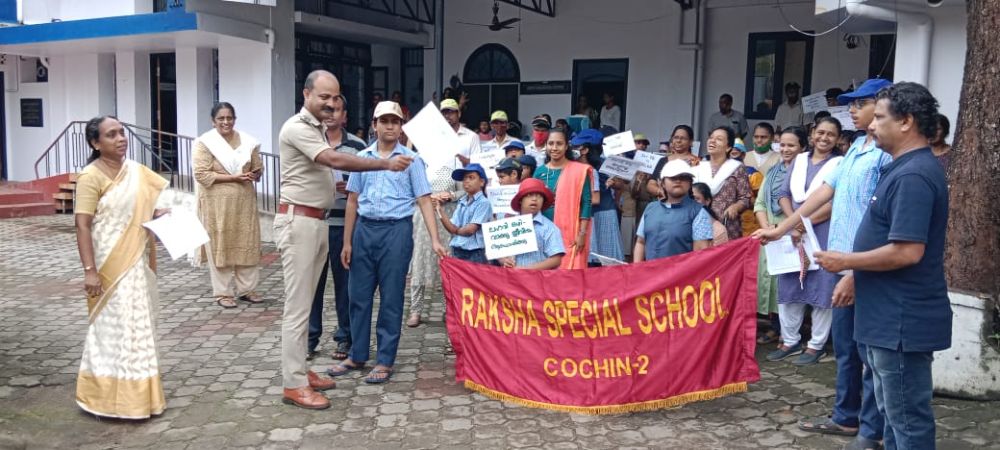
The representative of the Raksha Society for the care of children with special needs, highlights the organization’s commitment to comprehensive child assessments by employing a multidisciplinary team. In addition to focusing on the children’s training, the organization places a strong emphasis on providing essential parental training, recognizing its crucial role in the holistic development of the children.
Acknowledging the distinctive challenges posed by each project, Raksha Society actively seeks opportunities to facilitate employment for young adults under their care. This endeavor, however, hinges on robust community support and access to necessary resources.
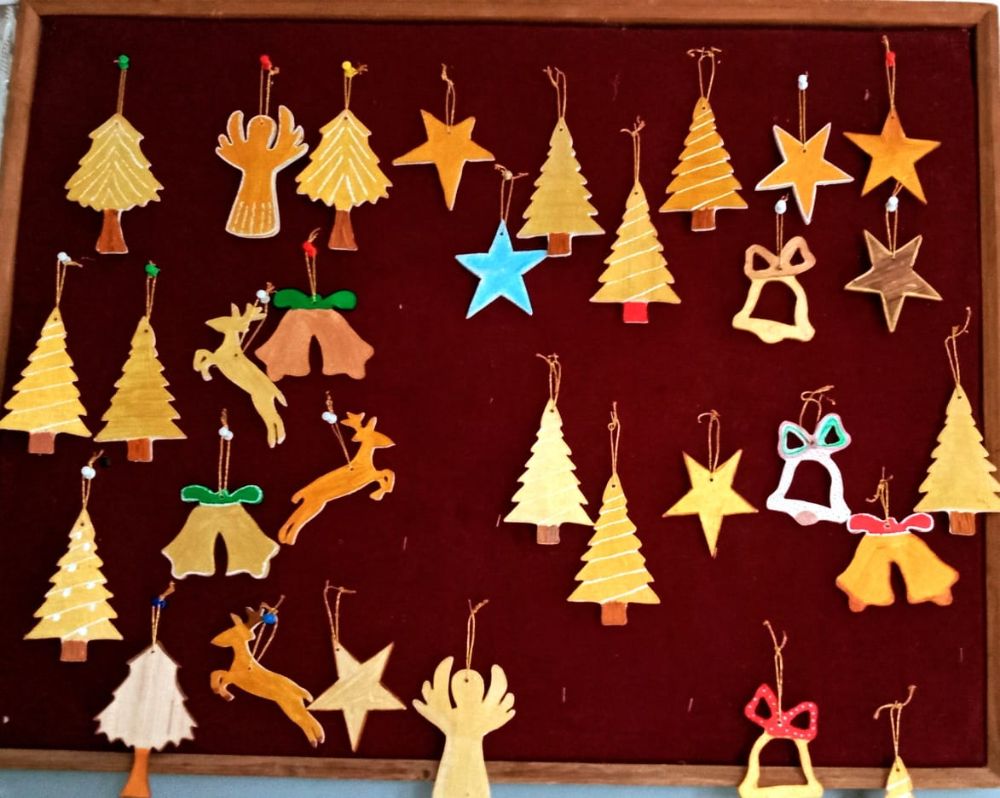
As an integral part of the National Trust act, Raksha Society serves as the designated NGO member for Ernakulam District. Operating within this framework, their primary objective is to secure legal guardianship for individuals with disabilities once they reach the age of 18. Local committees, chaired by District Collectors, are established in each district to oversee and implement these guardianship measures.
The organization plays a pivotal role in contributing to the professional development of students specializing in special education, physiotherapy, psychology, and social work. Raksha Society opens its doors for internship training, providing hands-on experience to aspiring professionals in these fields.
In addition to their direct interventions, Raksha Society actively engages in community outreach through awareness programs. These initiatives are designed to educate the public on disabilities, their management, and the associated societal issues. By fostering a greater understanding of these matters, Raksha Society aims to contribute to a more inclusive and supportive society for individuals with special needs.
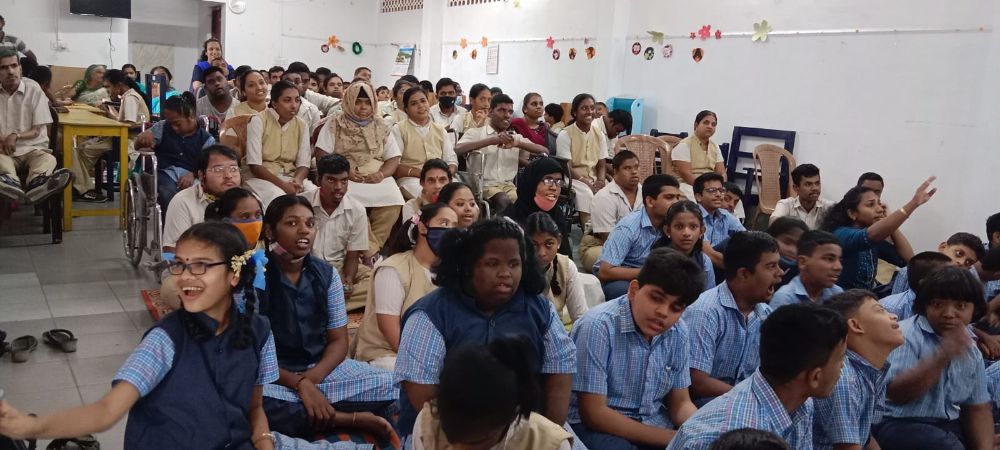
On this day of reflection and celebration, let us amplify the message of inclusivity, reinforcing the idea that every individual, regardless of their abilities, deserves respect, opportunities, and the chance to lead a fulfilling life. As we navigate the challenges that persist, let us draw inspiration from organizations like Raksha Society, reminding us that through collective efforts, understanding, and compassion, we can create a world where every person can thrive and contribute meaningfully to society.
